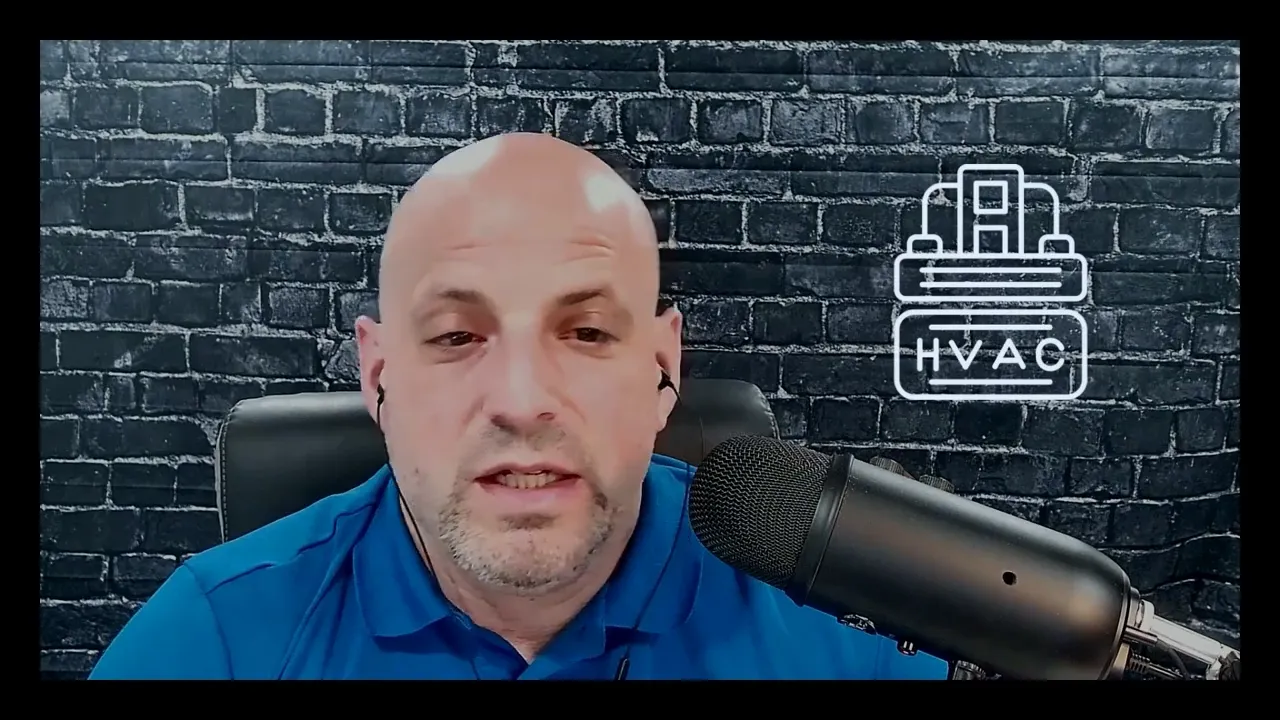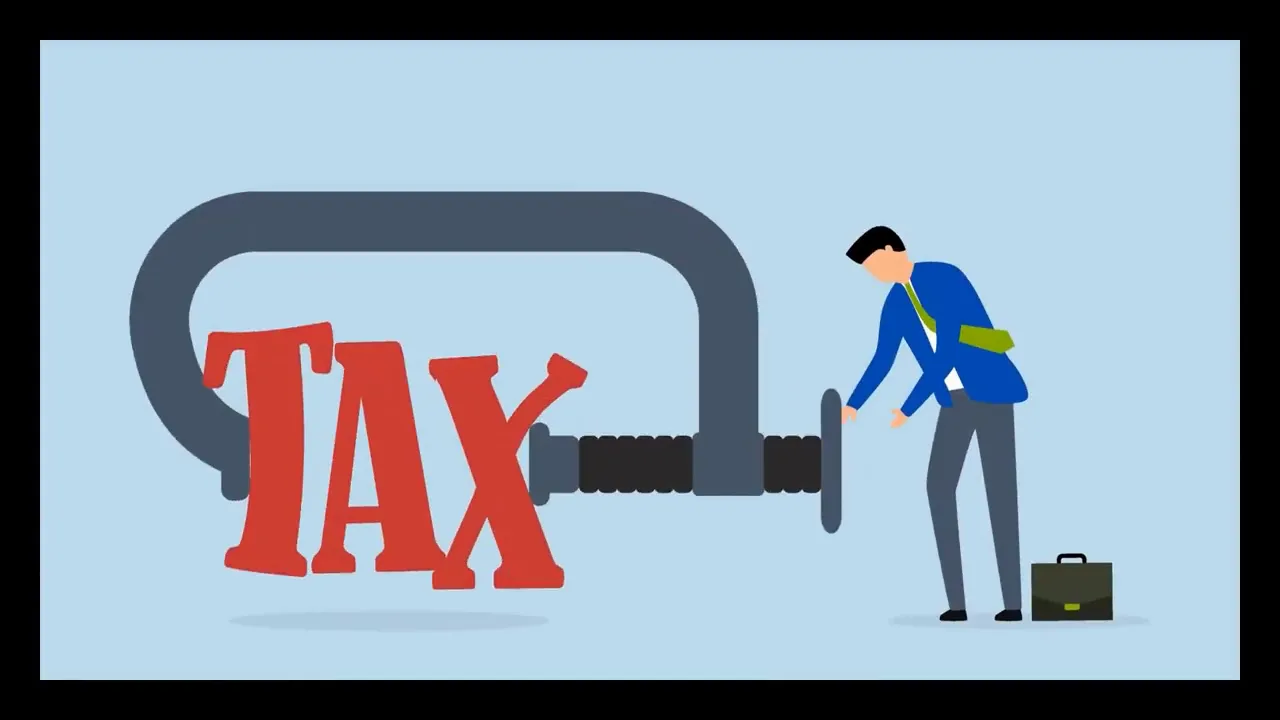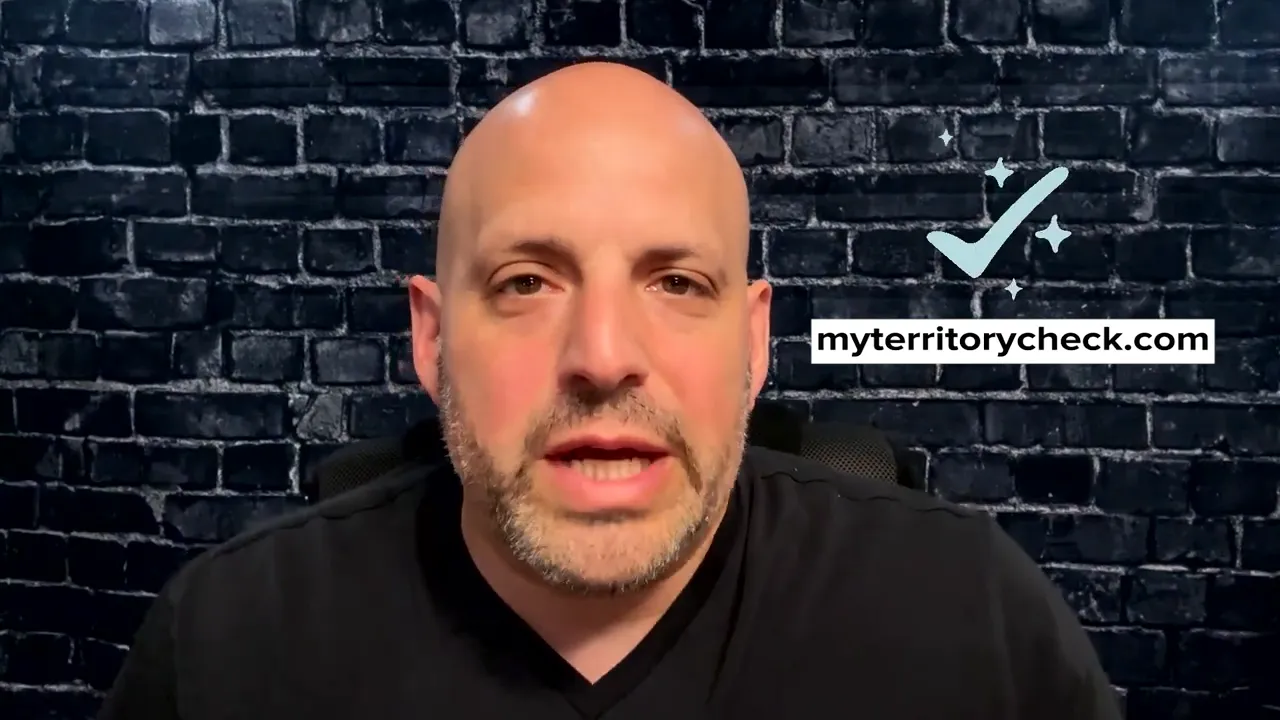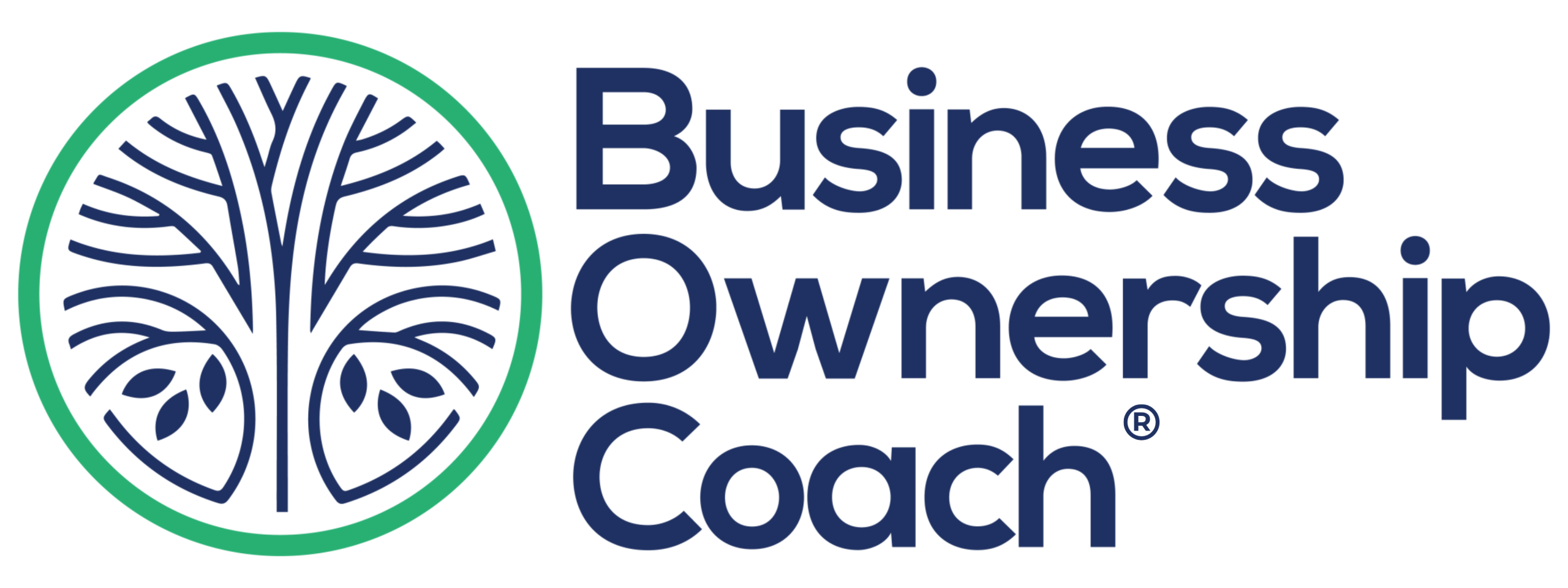Hi, I’m Beau Eckstein — franchise consultant, commercial mortgage advisor, and Business Ownership Coach | Investor Financing Podcast host. Over the last 20 years in lending and business ownership, I’ve helped entrepreneurs evaluate, buy, and fund businesses. In the current climate of high inflation, elevated interest rates, and an election on the horizon, many prospective franchise owners are asking the same question: is investing in a franchise start-up wise during economic and political uncertainty?
On this page I’ll walk you through the core principles I use to vet recession-resilient franchise opportunities, highlight specific sectors that historically hold up well in downturns, and give practical steps you can take to find and evaluate franchises that fit your goals. As a Business Ownership Coach | Investor Financing Podcast host, my goal is to give you actionable guidance so you can make confident decisions even when the headlines are noisy.
Why prioritize “need” over “want” when choosing a franchise

The simple rule I always recommend is this: look for businesses that provide a need, not a want. Needs are purchases people make regardless of the economic cycle — they are essential, sometimes immediate, and often not discretionary. Wants are nice-to-haves people cut back on when budgets tighten.
Examples of needs include climate control (HVAC), safety and habitability (restoration after water or fire damage), health and comfort (pest control), and removal services (junk hauling). These are services that people will prioritize even in tough times because they either preserve value, protect health, or remove liabilities.
When you evaluate a franchise opportunity through the lens of “need vs want,” you can better estimate baseline demand and revenue resilience. As your Business Ownership Coach | Investor Financing Podcast guide, I encourage you to start every franchise conversation by asking: is this service something people must purchase or something they want to purchase?
Top recession-resilient franchise sectors to consider

There are a handful of franchise sectors that consistently show resilience during lean economic times. These sectors are anchored in necessity and often tied to insurance payments, safety concerns, or regulatory requirements:
- HVAC — Climate control is essential. In extreme climates people will pay to repair or replace heating and cooling systems quickly. HVAC franchises also offer recurring service and maintenance revenue streams.
- Restoration — When homes flood, experience fire damage, or undergo other loss events, restoration services are required. Much of this work is paid by insurance, which can buffer owners from consumer credit slowdowns.
- Pest control — Health, comfort, and safety drive demand for pest and wildlife control. These services are often subscription-based, producing steady cash flow.
- Junk hauling — Disposal, cleanouts, and estate clearances create continual demand. During foreclosures or relocations, junk hauling businesses often see increased work.
- Estate sales and related services — Families will always need to liquidate assets after a death or to downsize. These businesses solve a stressful problem, which keeps demand relatively stable.
These sectors also tend to have relatively low sensitivity to consumer sentiment because they solve immediate problems or are covered by third-party payers like insurance carriers. That reduces the volatility you’ll see in purely discretionary markets.
Why home-service models often outperform during downturns

Home-service franchises (HVAC, pest control, restoration, plumbing, electrical, junk removal) benefit from several structural advantages:
- Immediate necessity: Breakdowns and infestations are urgent. Customers don’t delay when their home is uncomfortable or unsafe.
- Local demand: These services are hyper-local. You trade on proximity and reputation, which helps build steady streams of repeat and referral business.
- Recurring revenue: Subscriptions, maintenance agreements, and follow-up services smooth seasonal dips and create predictable cash flow.
- Insurance offsets: Restoration work is frequently paid by insurance, which insulates revenue from individual household economic stress.
When assessing a franchise in these niches, dig into their customer lifetime value, recurring revenue mechanisms, and the strength of their lead generation system. As your Business Ownership Coach | Investor Financing Podcast mentor, I always encourage prospective owners to model a conservative revenue forecast that assumes slower lead volumes for the first 6–12 months.
Non–brick-and-mortar and consultative franchise options

If you prefer a non-physical storefront, consultative franchise models can be an excellent fit, especially during uncertain economic times. One example I mentioned: franchises focused on expense reduction for businesses. These operations help other companies save money, which is highly valuable when margins are tight.
Advantages of consultative, non–brick-and-mortar franchises:
- Lower overhead: No retail lease, lower fixed costs, and the ability to operate remotely.
- Business-to-business demand: Companies tighten budgets during downturns and seek savings — a service that helps them reduce expenses can become more valuable.
- Scalability: Many consultative services scale by adding clients rather than physical locations, making expansion more flexible.
That said, consultative models require strong sales skills and credibility. If you enjoy relationship-building and consultative selling, these franchises can offer recession-resistant revenue while keeping startup costs lower.

How to evaluate whether a franchise is truly recession-resilient
Not every franchise that claims to be “recession-proof” actually is. Here’s a checklist I recommend you run through when evaluating resilience:
- Demand in down markets: Ask for historical revenue data from existing owners through the Franchise Disclosure Document (FDD) and direct owner interviews. How did they perform during past recessions?
- Payor mix: Is revenue consumer-paid, subscription-based, or insurance-funded? Insurance and subscription models add stability.
- Recurring revenue potential: Are there maintenance contracts, recurring inspections, or subscription services that sustain cash flow?
- Start-up and fixed costs: Lower fixed costs reduce break-even requirements during slow periods.
- Lead generation and marketing support: Does the franchisor provide predictable lead flow or marketing assistance to owners?
- Training and operational systems: A franchisor that offers strong systems reduces owner execution risk, which is critical during hard times.
Use these metrics to compare franchises side by side. As a Business Ownership Coach | Investor Financing Podcast expert, I also stress the importance of talking to multiple franchisees in different markets to understand variance and resilience first-hand.
Practical next steps: finding available territories and getting financed

If you’re seriously considering a franchise, here are practical steps you can take right now:
- Identify the sector: Choose a sector that fits your skills and lifestyle — HVAC, restoration, pest control, junk hauling, or consultative services are strong candidates.
- Check territory availability: Use tools and services to see if a franchise you like is available in your market. We offer territory checks for franchises we discuss, and many franchisors provide similar tools.
- Talk to franchisees: Interview multiple owners to understand cash flow, lead flow, and real-world challenges.
- Model conservative cash flow: Build a worst-case scenario for the first 12–18 months and ensure you have a runway to sustain through slow periods.
- Secure financing: Explore SBA loans, commercial mortgages, or other lending products. With my background in lending, I often help owners structure financing that matches the business model and cash flow timing.
Even in uncertain times, disciplined selection and conservative planning can position you for a successful franchise ownership journey. As a Business Ownership Coach | Investor Financing Podcast host, I help entrepreneurs run these analyses and find the right fit for their goals.
Conclusion: A pragmatic path to franchise ownership in uncertain times
Photo by Van Tay Media on Unsplash
Investing in a franchise during economic and political uncertainty can be wise if you apply the right filters. Focus on need-based businesses — HVAC, restoration, pest control, junk hauling, and estate services — and consider consultative, non–brick-and-mortar models that help other businesses save money. Use conservative financial modeling, talk to multiple franchisees, and validate lead and payor structures.
As you explore opportunities, remember that resilience doesn’t mean immunity. It means choosing models with durable demand, recurring revenue, and low sensitivity to consumer discretionary spending. If you want help identifying franchises available in your area, checking territory availability, or structuring financing, I’m available to assist.
To get started, you can book a call with me, or use a territory check service to see what franchises are available in your market. As a reminder, my goal as your Business Ownership Coach | Investor Financing Podcast mentor is to help you buy, build, and expand with clarity and confidence.
Ready to take the next step? If you want a territory check for a franchise we discussed or one you’ve been investigating, go to myterritorycheck.com and enter your name, email, and ZIP code. I’ll get back to you with availability and similar franchise options in your market. If you want to dive deeper into financing or ownership planning, book a call at bookwithbeau.com.

